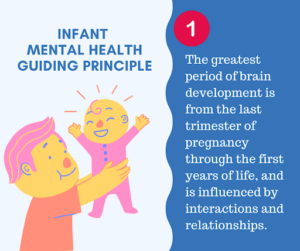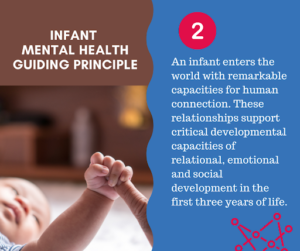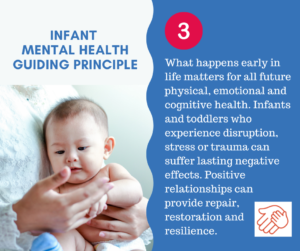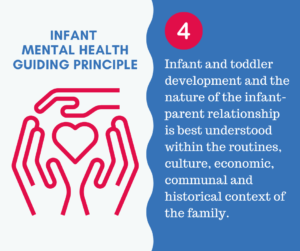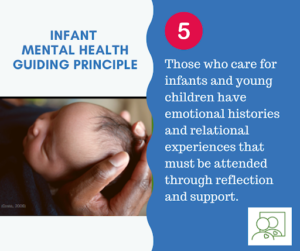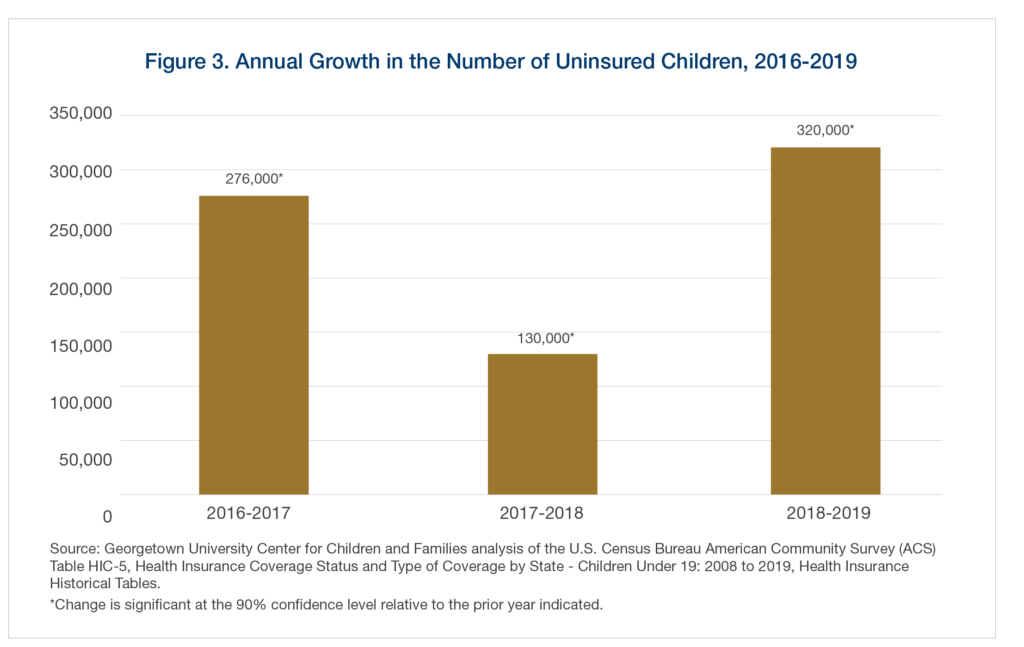Posted on October 26, 2020
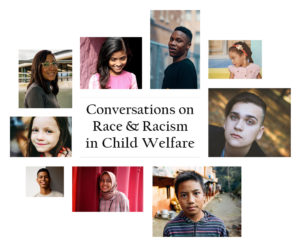
The NJ Task Force on Child Abuse and Neglect and the NJ Department of Children and Families (NJDCF) have partnered with the Child Welfare Education Institute at Stockton University to hold a series of Conversations about Race and Racism in Child Welfare. Through these conversations, attendees are learning about the history of race and racism in New Jersey and gaining a deeper understanding of the causes and consequences of racial disparities in child welfare settings. This will allow us to take steps to correct the institutional and implicit biases that can result in disparate outcomes for families of color within New Jersey’s child welfare system.
The last webinar, "How Can We Respond?", on Friday, October 30th, 10AM - 12PM, will address racial disparities in New Jersey and the response to these disparities by the NJDCF. The featured panelist, Dr. Carol Spigner, Associate Professor Emerita, University of Pennsylvania, is assisting the NJDCF staff to develop and implement a race equity strategy to address racial disparities in the child welfare system. Though conversations are open to the public, talks are geared towards child protection professionals, medical professionals, education professionals and community providers. Eligible participants can receive 2.0 Cultural Competency Hours of Continuing Education (CE). You can still register until Wednesday, October 28th.
In the first conversation, "Race and Racism in New Jersey”, Dr. Patricia Reid-Merritt, distinguished professor at Stockton University, outlined the four steps that each and every one of us needs to take in order to end the perpetuation of systemic racism in our child welfare settings: acknowledge that a problem exists, educate yourself on the issues, take progressive action, and remain fully engaged for the duration of the struggle. Only then can we move forward as individuals, and as a state.
Last week’s conversation was with Dr. Jessica Pryce, assistant professor at Florida State University, who talked about how the child welfare system evolved, and how many people, often with good intentions, created a system in which Black children continue to be over-represented. She articulated the basic tenets of the system we need to create, shifting the power dynamics between the system and the families, if we are to achieve better outcomes. New Jersey has a real opportunity to create a different child welfare system, one that shares the power and partners with families, listens to families and emphasizes family strengths and protective factors; a system that facilitates accessing concrete supports. It may not be easy and it will take time, but change is needed and can be done.
The momentum is building for real change towards achieving racial equity within the state’s child welfare system. Stay engaged. Go to the NJDCF website and read about the plans underway and continue to look at the data. We all have a role in this process and need to work together to bring about real change for families.
Remember to register for the final webinar, “How Can We Respond?” before October 28th and learn how you can play a part in ending racism in New Jersey.

